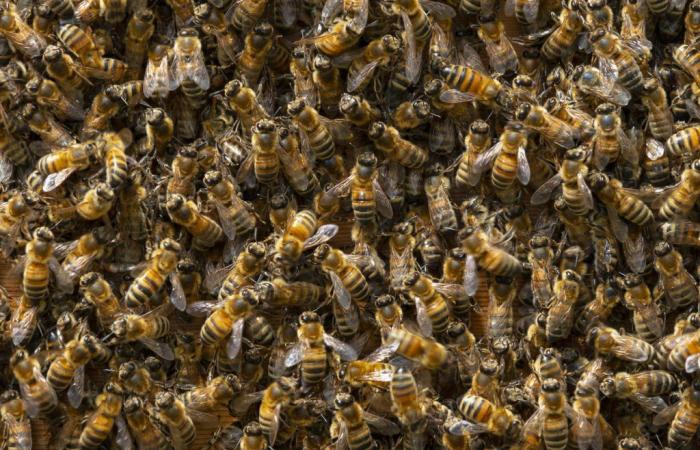According to a recent study in the United States, bees could help save human lives. Researchers explain that these pollinating insects have the power to detect lung cancer in human breathing.
Detecting cancer through certain chemicals in breath
In France, lung cancer is the third most common cancer and the leading cause of cancer death. Around 52,000 new cases were detected in 2023, according to the National Cancer Institute. Unsurprisingly, smoking is the primary factor in the appearance of this type of cancer, although other causes exist such as passive smoking or exposure to certain chemicals. Furthermore, early detection of lung cancer can provide cure rate approaching 80%.
Research is therefore doing everything it can to discover ways to detect lung cancer earlier. However, one study in particular, to be published in October 2024 in volume 261 of the journal Biosensors and Bioelectronics, is drawing attention to this subject. The team from the University of Michigan (United States) behind this work is indeed categorical: bees can detect this disease.
Remember that bees have a highly developed sense of smell which allows them to move and feed efficiently. However, American scientists have obtained results allowing them to conclude that the bee is capable of detecting certain chemical components in human breath which indicate the presence of lung cancer.
Discovery of a neuronal response
First, scientists developed a chemical mixture that mimics the composition of breathing of patients affected by lung cancer. Among the substances that enter the mixture is trichlorethylene. It is an industrial chemical compound used mainly for degreasing and cleaning metals or for the manufacture of rubber, paints, varnishes and maintenance products. The bees in the study were kept alive using a sort of harness, and their antennae exposed to the chemical mixture caused changes that scientists interpreted as a neural response.
According to the results, bees exposed to chemical compounds in the human breath of people without cancer did not achieve the same results. This therefore allowed researchers to assert that bees are able to modify their behavior in the presence of chemicals linked to lung cancer. These insects would therefore have the ability to detect minimal changes in the chemical concentrations of respiration.
Based on the analysis of neural data from bees, researchers are certain that they can detect the presence of lung cancer. In the long term, it could be that these insects are mobilized to support the fight against this disease by integrating the official detection protocol.






